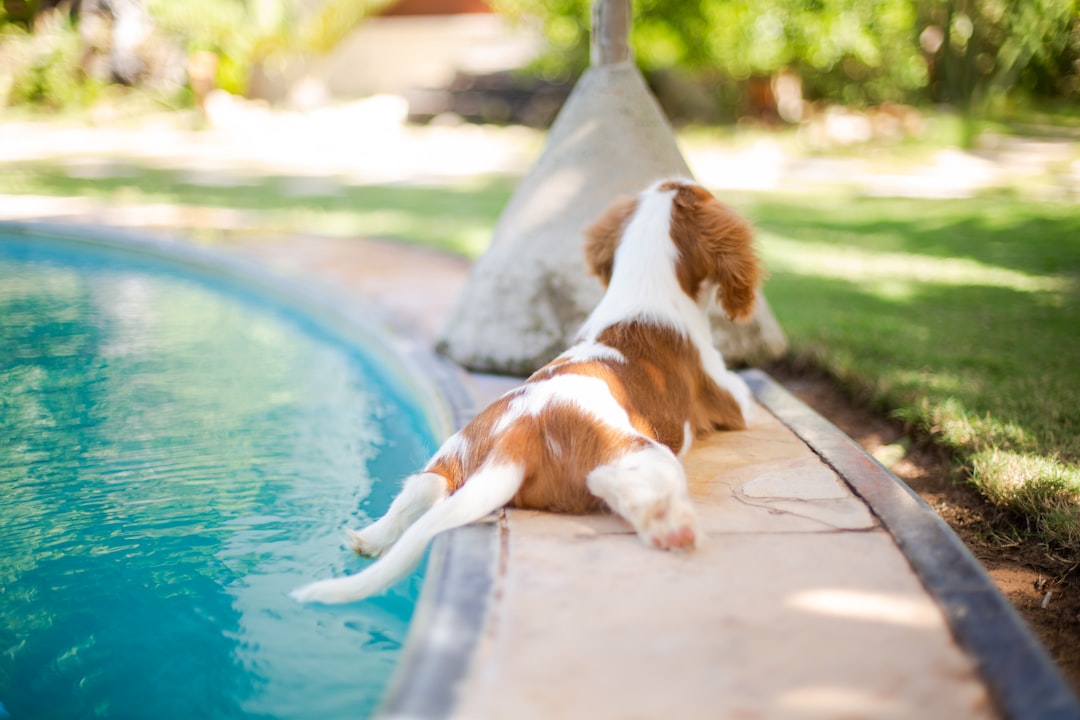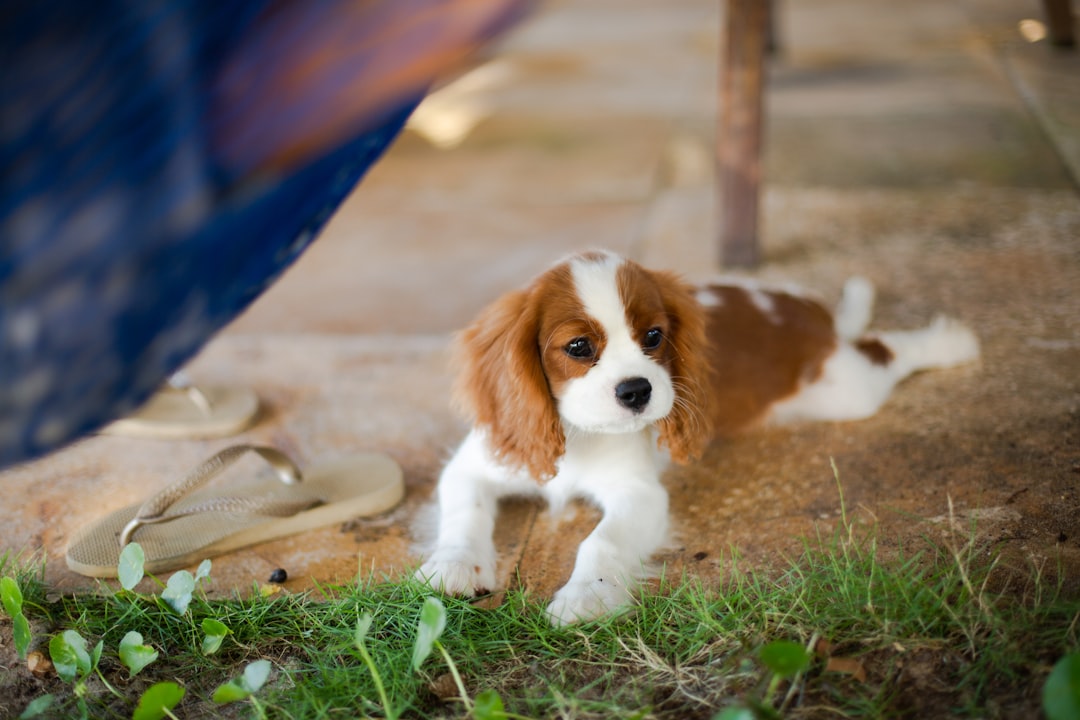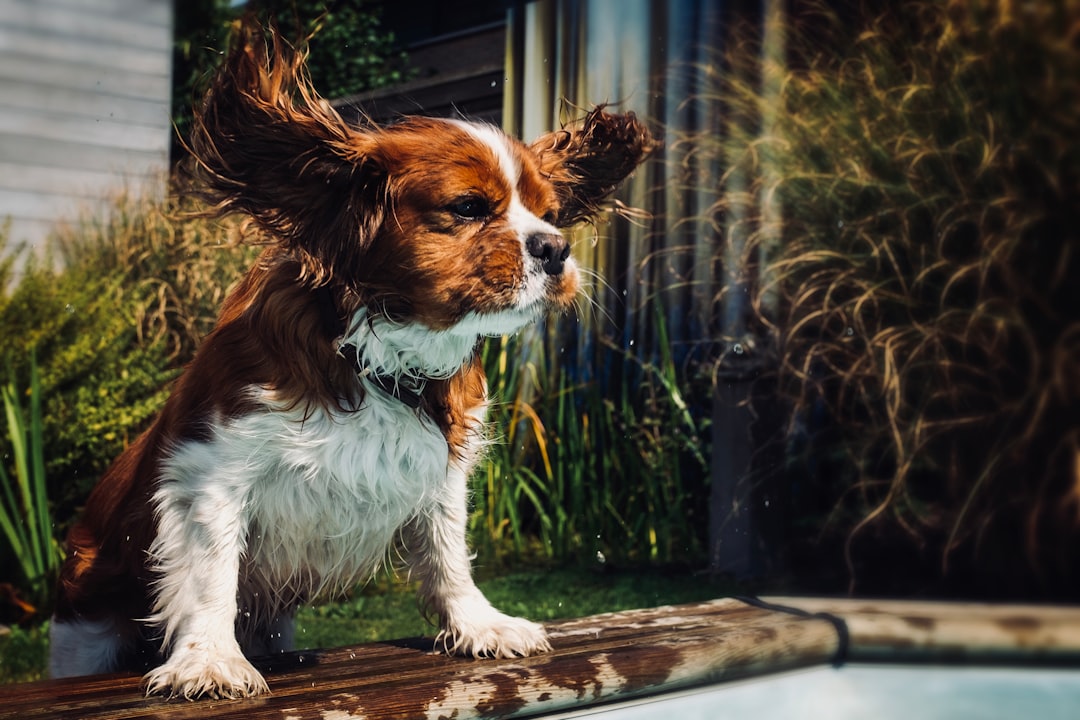The Regal Charm of Cavalier King Charles Spaniels: Characteristics, Temperament, and Care Guide
A comprehensive guide to the characteristics, temperament, physical features, and health considerations of the Cavalier King Charles Spaniel breed, suitable for families and apartment living.
Overview of the Cavalier King Charles Spaniel Breed
The Cavalier King Charles Spaniel breed has a captivating history deeply intertwined with British nobility and royalty, dating back to the 16th, 17th, and 18th centuries in northern Europe. These elegant dogs were favored companions of kings and queens, often depicted in paintings and tapestries alongside their noble owners, showcasing their esteemed status within aristocratic circles. [3].
In the early 1900s, breed enthusiasts and dedicated breeders endeavored to revive the Cavalier King Charles Spaniel, which had faced a decline in popularity during the Victorian era. Through meticulous breeding efforts, the breed was successfully recreated, capturing the essence of its noble lineage and distinctive characteristics. This resurgence culminated in the breed’s official recognition by the American Kennel Club in 1996, solidifying its place as a cherished and esteemed canine companion.
Beyond its historical significance, the Cavalier King Charles Spaniel is renowned for its regal and sophisticated appearance, characterized by its charmingly cute expression, expressive eyes, and signature long ears. Furthermore, its affectionate, active, and family-friendly nature endears it to many, making it a beloved household companion and a delightful addition to a variety of living environments, [4]. This breed’s unique blend of historical nobility and contemporary charm makes it a captivating subject for dog enthusiasts and history aficionados alike.
 Physical Characteristics and Distinct Features
Physical Characteristics and Distinct Features
Cavalier King Charles Spaniels possess a distinctive physical appearance that sets them apart from other breeds. They typically stand at 12-13 inches at the shoulder and weigh between 13-18 pounds, making them a small to medium-sized breed that is well-suited for indoor living as well as outdoor activities. Additionally, their characteristic features include a long back, expressive floppy ears, and a medium coat available in a variety of colors such as red, red and white, and black and tan tricolor. This unique combination of physical attributes contributes to their regal and sophisticated appearance, adding to their overall charm and appeal as a beloved companion, [4].
Moreover, apart from their striking appearance, Cavalier King Charles Spaniels are also recognized for their minimal barking, low tendency to snore, and very little drooling, making them an excellent choice for individuals who prefer a quieter and cleaner pet. Their adaptability to various living situations, including apartment dwelling, is another notable characteristic that makes them an ideal choice for different types of households. Additionally, due to their potential for weight gain, maintaining a balanced diet and ensuring regular exercise are important considerations for their overall well-being. Furthermore, their medium-length coat requires regular grooming to prevent matting and maintain the breed’s elegant appearance, making grooming an essential aspect of their care routine. These distinctive features collectively contribute to the allure and appeal of the Cavalier King Charles Spaniel breed, making them a popular choice for families and individuals seeking a loyal and endearing companion, [4].
 Temperament and Behavior Traits
Temperament and Behavior Traits
Cavalier King Charles Spaniels are renowned for their gentle, affectionate, and friendly nature, making them ideal companions for households with children and other pets, [4]. Their sociable and playful demeanor, coupled with a moderate energy level, allows them to seamlessly integrate into family life and engage in various activities with their human companions. For example, Cavalier King Charles Spaniels often enjoy interactive play sessions and leisurely walks, showcasing their amiable and adaptable temperament.
Moreover, their eagerness to please and intelligence contribute to their ease of training, as they are receptive to positive reinforcement methods and enjoy learning new tricks and commands. For instance, their willingness to learn and please their owners makes them suitable for various dog sports and activities, further highlighting their amiable and trainable nature. Additionally, their adaptability, good behavior with neighbors, and compatibility with novice owners underscore their versatile and affable disposition, ensuring they can thrive in diverse living environments and with individuals new to dog ownership, [4]. This makes the Cavalier King Charles Spaniel an excellent choice for families and individuals seeking a loyal, well-mannered, and sociable canine companion.
Care and Health Considerations
Taking care of a Cavalier King Charles Spaniel involves regular grooming to maintain their medium-length coat. Their beautiful fur needs to be brushed at least a few times a week to prevent matting and tangles. Additionally, occasional professional grooming can help keep their coat healthy and free of any knots or matted fur. It’s important to pay special attention to their ears, as the breed’s long, floppy ears can trap moisture and debris, which may lead to ear infections if not cleaned regularly. This grooming routine not only ensures the dog looks its best but also helps in maintaining their overall health and well-being.
In terms of health considerations, Cavalier King Charles Spaniels are prone to several inheritable health conditions, such as heart disease, syringomyelia, joint problems, and eye problems. Responsible breeding practices play a crucial role in mitigating the prevalence of these health issues. It’s important for potential owners to seek out reputable breeders who prioritize the health and well-being of the dogs. By choosing a trustworthy breeder, the risk of hereditary health problems can be significantly reduced. This also involves being cautious of backyard breeders and puppy mills, as they may not adhere to the necessary health screening and breeding standards, potentially leading to the propagation of health issues within the breed.
Conclusion: The Endearing Qualities of Cavalier King Charles Spaniels
In conclusion, the Cavalier King Charles Spaniel’s endearing qualities make it a highly sought-after breed for families and multi-dog households. Their gentle, affectionate, and friendly nature, combined with their adaptability to various living situations, including apartments, contribute to their popularity as beloved companions, [4]. For example, their sociable and playful demeanor, as well as their intelligence and eagerness to please, make them well-suited for households with children and other pets, adding to their overall appeal as a family-friendly breed.
Moreover, the Cavalier King Charles Spaniel’s suitability for apartment living further enhances its desirability as a companion. Their moderate energy level, potential for playfulness, and low sensitivity level make them adaptable to apartment environments, where space may be limited. This adaptability allows prospective owners living in urban settings to consider the breed as a suitable and charming addition to their homes, [4]. Therefore, the breed’s unique traits and temperament, coupled with its adaptability, contribute to its enduring popularity and make it an ideal choice for individuals or families seeking a loving and versatile canine companion.
Frequently Asked Questions (FAQs)
- What are the typical characteristics of the Cavalier King Charles Spaniel breed? The Cavalier King Charles Spaniel is known for its regal and sophisticated appearance, combined with its affectionate, active, and family-friendly nature, [4].
- How would you describe the temperament of Cavalier King Charles Spaniels? Cavalier King Charles Spaniels are gentle, affectionate, and friendly, making them suitable for households with children and other pets. They are also sociable, playful, and easy to train, [4].
- What is the history and origin of the Cavalier King Charles Spaniel breed? The breed has a rich history dating back to the 16th, 17th, and 18th centuries in northern Europe, and it has been associated with British nobility and royalty. It was successfully recreated in the early 1900s, leading to its recognition by the American Kennel Club in 1996, [3].
- What are the common health concerns associated with Cavalier King Charles Spaniels? Cavalier King Charles Spaniels are susceptible to several inheritable health conditions, including heart disease, syringomyelia, joint problems, and eye problems. Responsible breeding practices are crucial to address these health concerns.
- What are the grooming needs for Cavalier King Charles Spaniels? Cavalier King Charles Spaniels require regular grooming to maintain their medium-length coat, and it’s important to feed them a high-quality and appropriately portion-controlled diet to prevent obesity, [4].
- Are Cavalier King Charles Spaniels suitable for apartment living? Yes, Cavalier King Charles Spaniels are adaptable to various living situations, including apartments, [4].
- What type of exercise do Cavalier King Charles Spaniels require? Cavalier King Charles Spaniels have a moderate energy level and require around 30 minutes of exercise per day. They enjoy playful activities and are well-suited for novice owners, [4].
- What is the average size and weight of a Cavalier King Charles Spaniel? Cavalier King Charles Spaniels are typically 12-13 inches at the shoulder and weigh 13-18 pounds, with a distinct physical appearance, [4].
- What are the recommended training methods for Cavalier King Charles Spaniels? Positive reinforcement methods are effective for training Cavalier King Charles Spaniels due to their intelligence and eagerness to please.
- Are Cavalier King Charles Spaniels good with children and other pets? Yes, Cavalier King Charles Spaniels are gentle and affectionate, making them good companions for children and other pets when properly introduced, [4].



 Book Appointment
Book Appointment